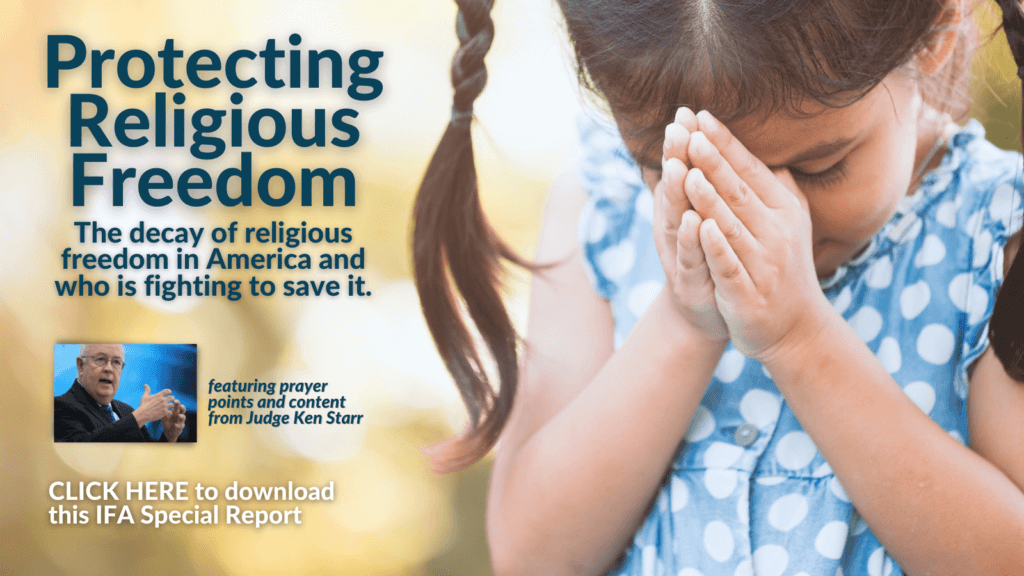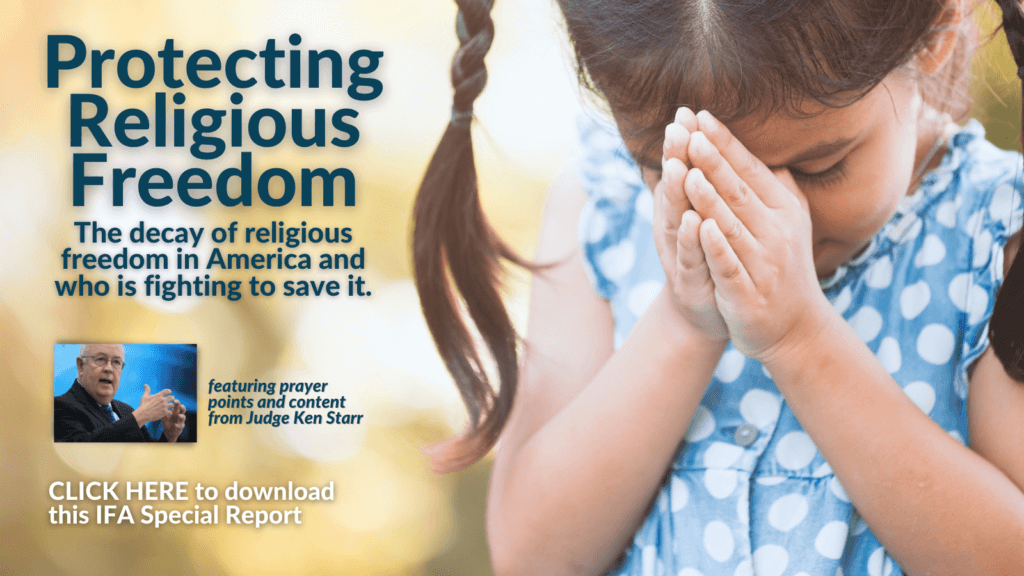
Analysis. The U.S. Department of Education affirms that it cares about religious freedom for student groups on college campuses — it just doesn’t want to proactively defend them. At least that appears to be the gist of a recent announcement out of the Biden administration.
This content is supported by your donations.
Last month the Biden team signaled its intention to roll back a 2020 rule put in place to ensure equal treatment for student religious groups like Intervarsity, Cru, and others at public universities. Common benefits for a diverse array of student groups at colleges often include access to meeting space on campus, listings and announcements on physical and digital college platforms, participation in student fairs, and eligibility for student group funds. But too often Christian student organizations have faced discrimination because of the biblical beliefs they seek to uphold.
In an effort to tamp down on the recurrence of such discrimination, the Trump administration decided to take a very practical “carrot-and-stick” approach to back up its words about the importance of First Amendment freedoms — it put money on the line. According to its 2020 rule, as a condition for receiving federal grant money, an institution of higher learning would now need to ensure that faith-based student groups are allowed “any right, benefit, or privilege that is otherwise afforded to other student organizations.”
It’s notable that this regulation specifically emphasized it was not creating a preference for religious groups. The rule wasn’t meant to prevent all-comers or “neutral, generally applicable” policies. Rather the rule was seeking to support the equal treatment of faith-based groups while honoring their identity.
“These regulations hold public institutions accountable for protecting the First Amendment rights of students and student organizations,” then-Education Secretary Betsy DeVos said in 2020.
However, after a review that began in 2021, the current Biden team now believes this condition for public funding is “not necessary.” In a blog post announcing the reversal, Postsecondary Education Assistant Secretary Nasser Paydar suggested equal treatment of religious groups is important, but the the 2020 protection was confusing for schools and “unduly burdensome” on the Education Department.
“Where complex questions over the First Amendment arise, Federal and State courts are best equipped to resolve these matters,” he wrote.
In other words, if you’re a religious student group facing exclusion for your beliefs on campus, the Biden team doesn’t want to proactively get involved. You’re on your own to get a lawyer and pay to defend your rights.
This is a pretty remarkable position. Former ambassador and longtime champion for religious freedom Sam Brownback posted an op-ed on foxnews.com pointing out the unlikelihood that the Biden Education team would simply sit on its hands if there were a racial or gender discrimination case.
“Everyone would expect the administration to take quick and decisive administrative action without requiring the victim to hire a lawyer and pursue justice in the courts,” Brownback wrote. “So, why should it be any different when an educational institution violates a student’s First Amendment right to freedom of religion?”
The Christian Legal Society, which maintains a number of campus chapters itself, has a helpful webpage addressing holes in the Education Department’s reasoning and pushing for action against rescinding these religious freedom provisions. In addition to highlighting a host of cases supporting the need for the 2020 rule, CLS also pushes back on the puzzling claim that the rule is burdensome. Particularly interesting is that the Department itself notes (as of its announcement last month) it hadn’t even received any complaints about violations under the rule yet. However, as CLS and others point out, what is burdensome is for students to have to protect themselves in court.
“Religious students don’t want to sue their colleges,” CLS states in an FAQ document. “They don’t want to spend their college years in litigation simply to obtain what should be a given: fair treatment at the public college they pay tuition to attend.”
Will you pray for these faith-based campus groups, especially the students who are blessed by them?
Aaron Mercer is a Contributing Writer with two decades of experience in Washington, D.C.’s public policy arena. Photo Credit: Charles DeLoye on Unsplash.

